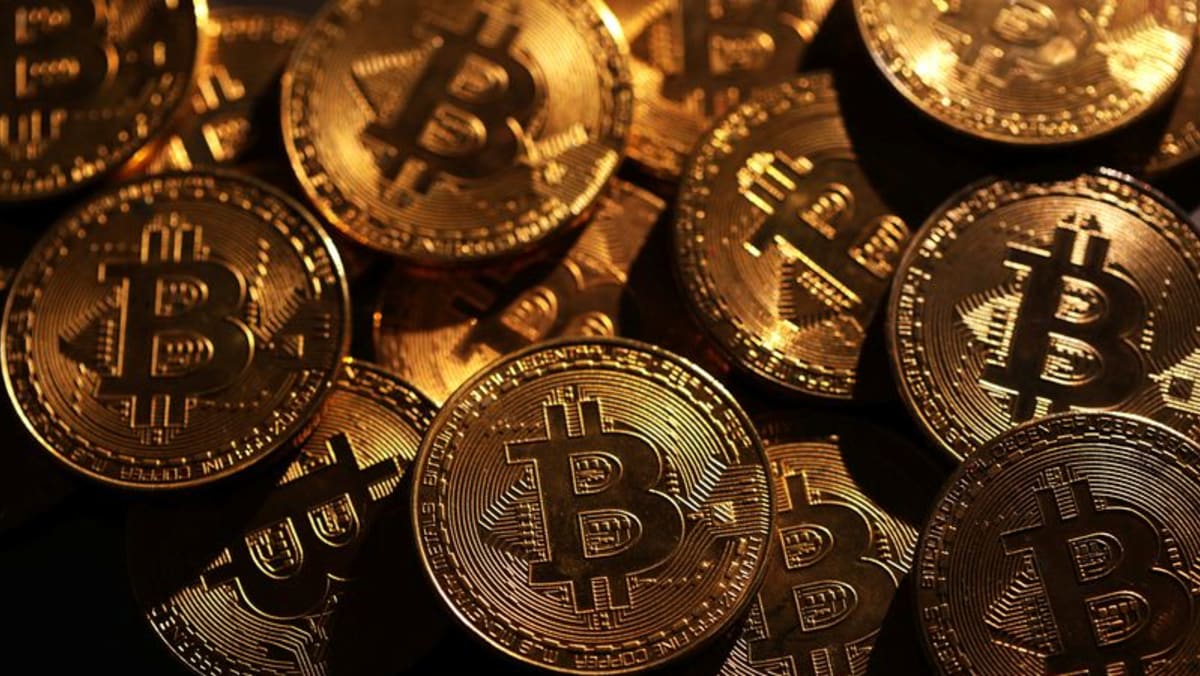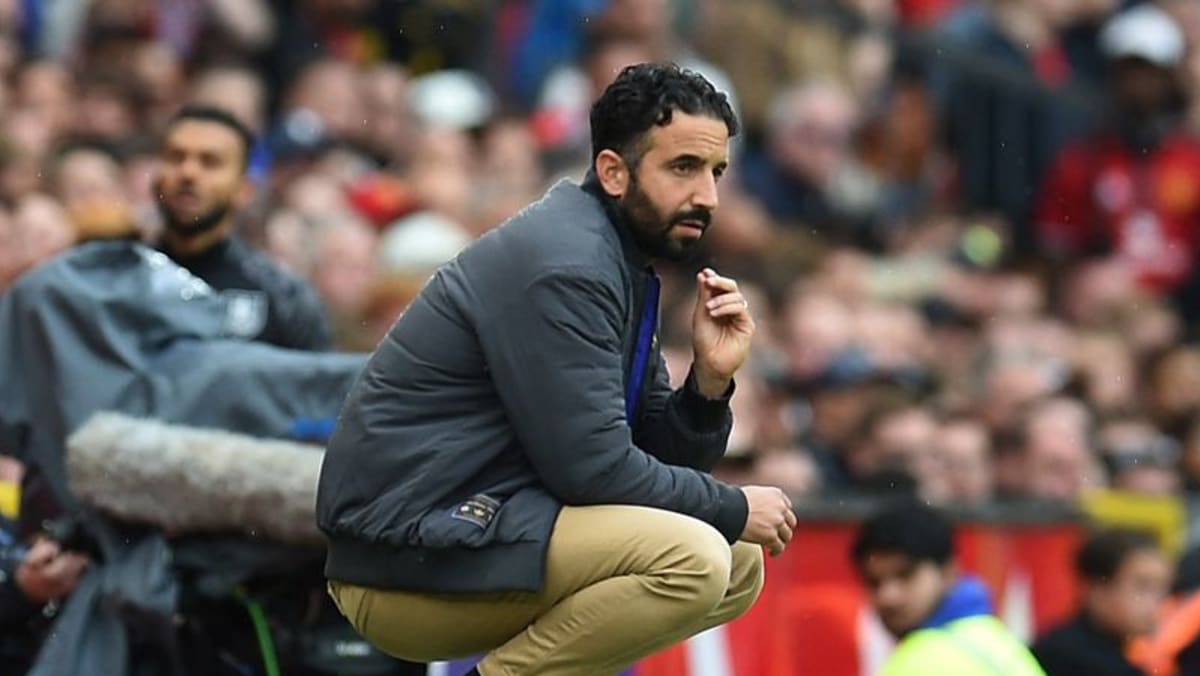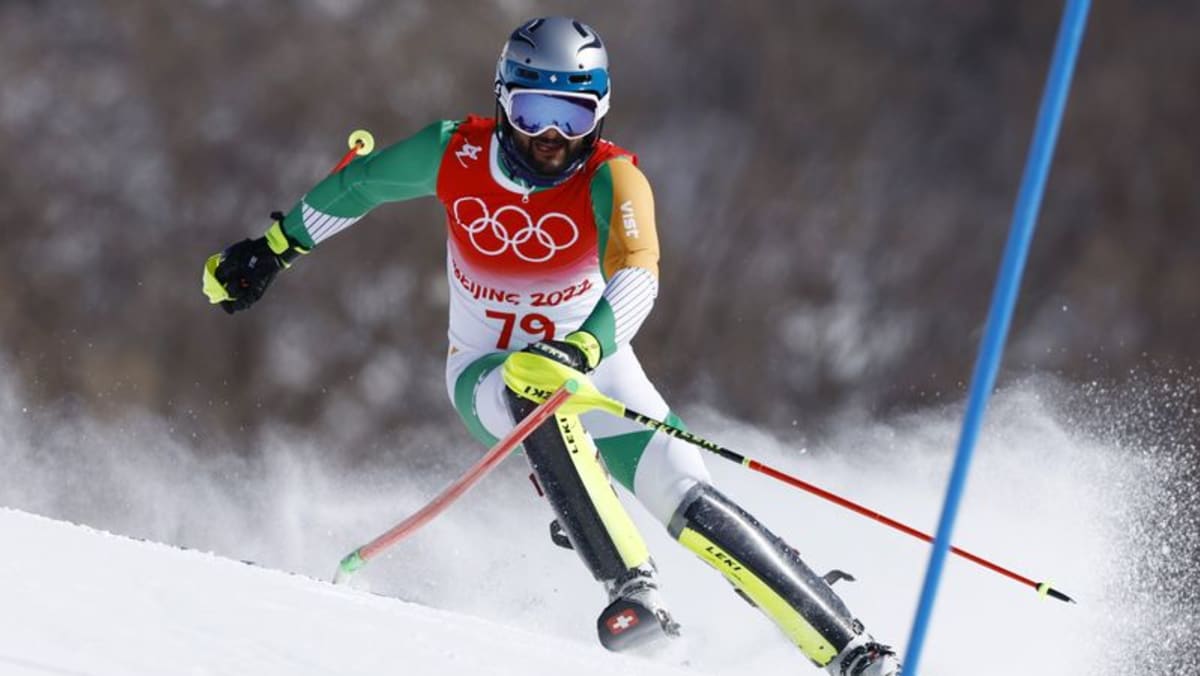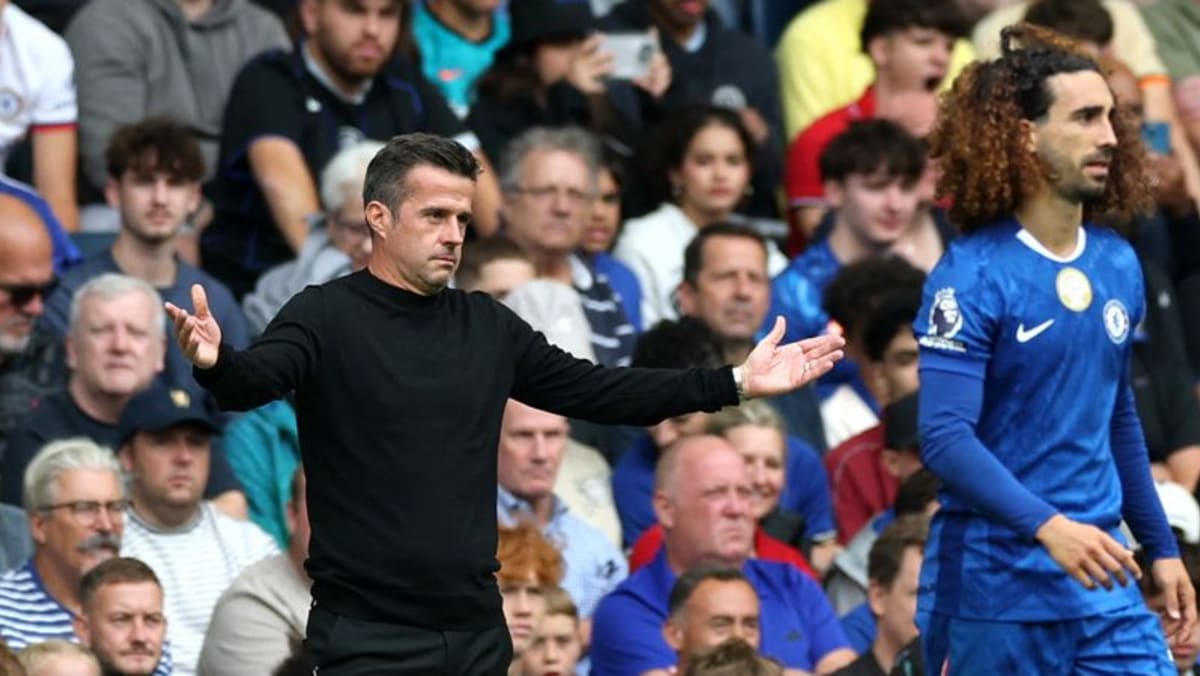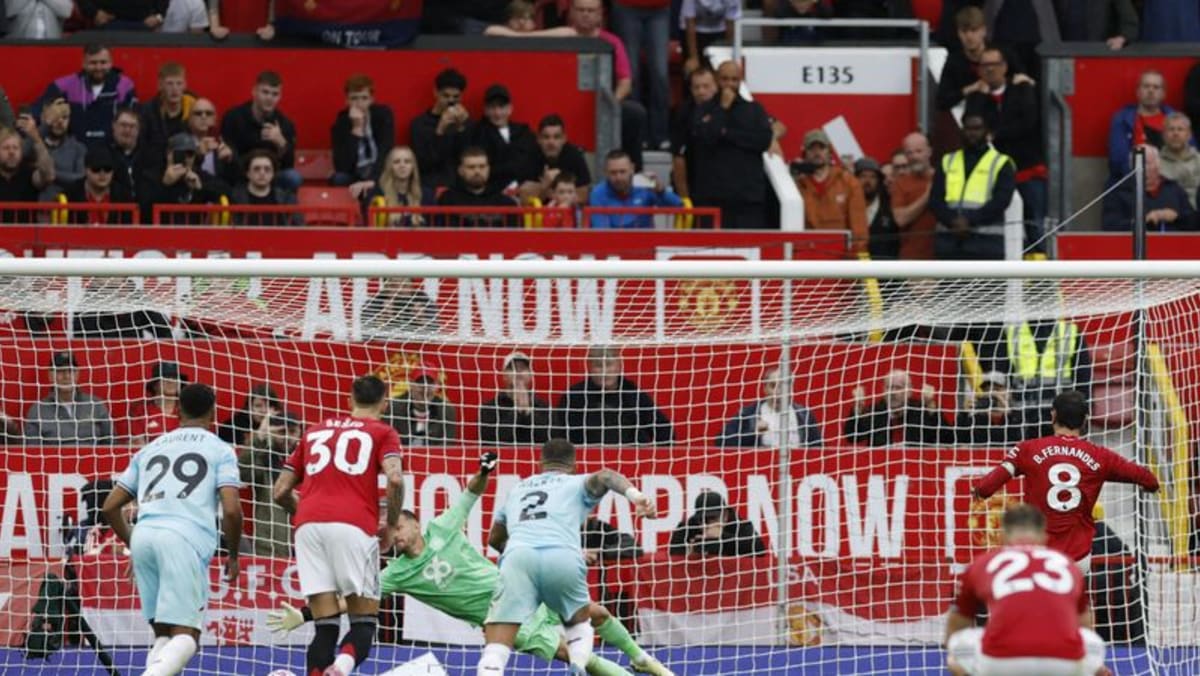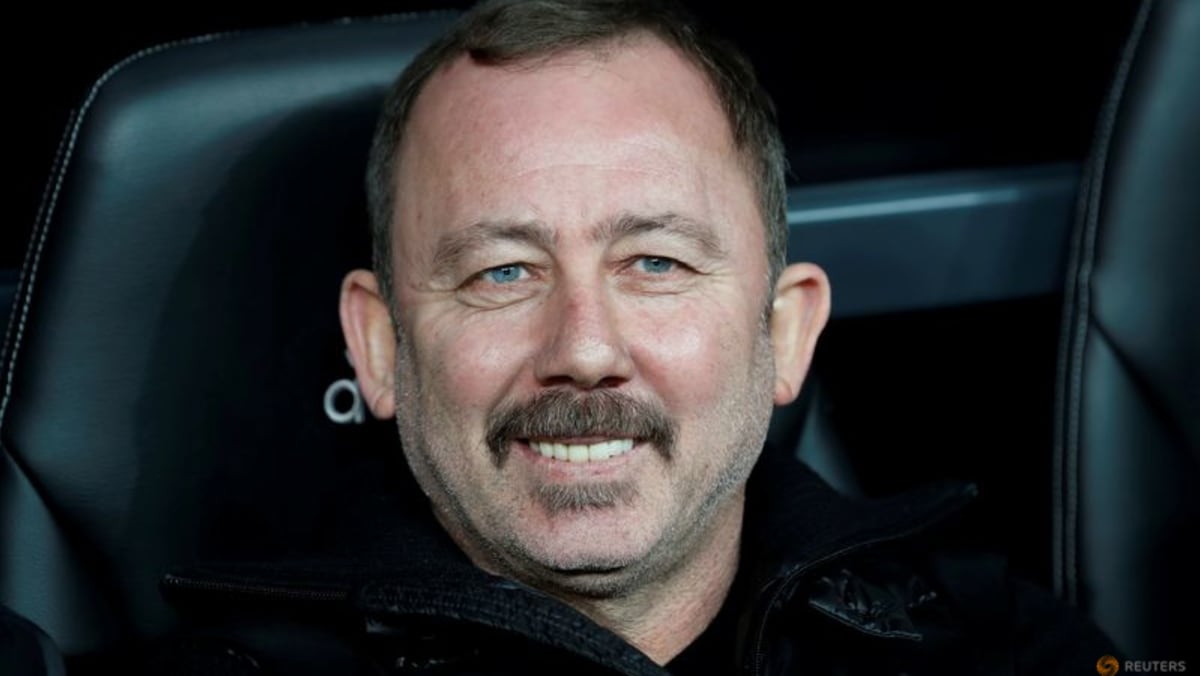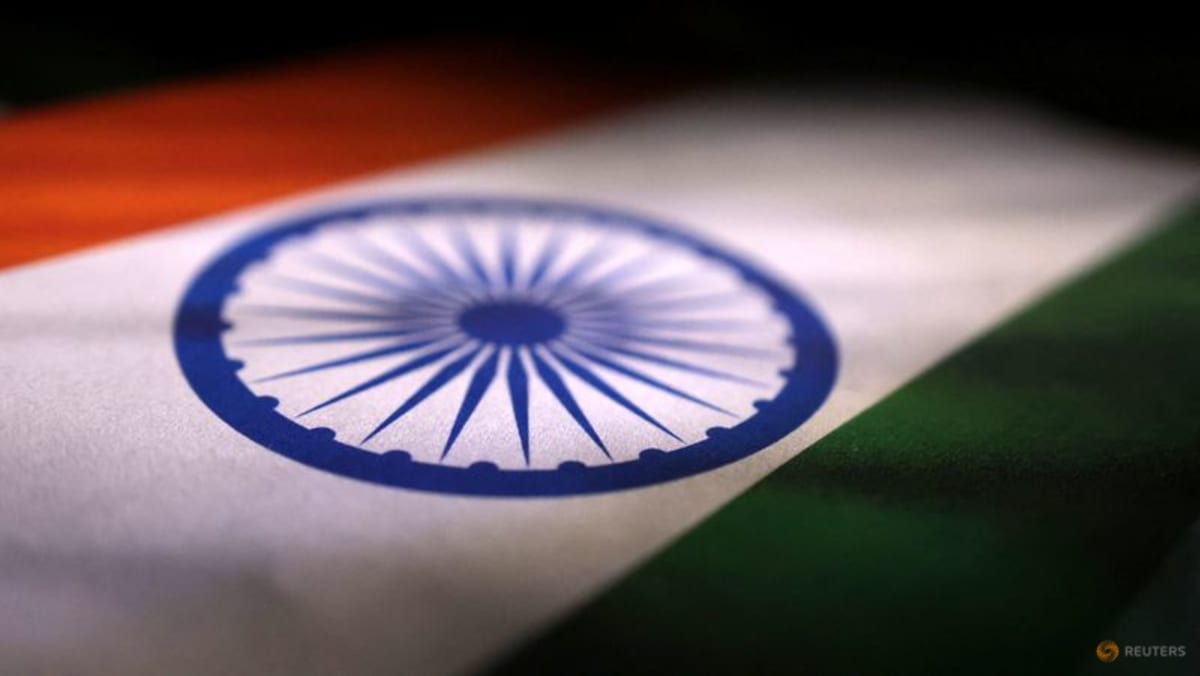NEW DELHI :Posters bearing the words “Don’t stop when you are tired. Stop when you are done”, “It always seems impossible until it’s done” and “Hard work beats talent” adorn Arif Khan’s modest room in the southern Indian town of Vijayanagar.
The 35-year-old Alpine skier needs these regular doses of motivation for he has very little else to lean on six months out from his second appearance in the slalom at the Winter Olympics.
Since not enough states participate, winter sports bodies in India do not enjoy the National Sports Federation (NSF) status that would entitle them to regular government funding.
Khan launched a crowdfunding appeal to finance his preparations for Milano-Cortina but has so far raised less than 4 per cent of his target of seven million Indian rupees ($80,158).
“It’s not going so well at the moment,” Khan told Reuters in a Zoom interview from the Inspire Institute of Sport (IIS), a high-performance centre run by the Mumbai-based JSW multinational conglomerate.
“I’m not asking for a huge sum. Providing this amount to an athlete representing a great country on the world stage – it’s doable.
“I would have been on the snow right now instead of continuing my physical preparations here, if I had the funds.”
The IIS has agreed to take care of the core needs of the lone Indian to qualify to compete at the 2026 Winter Games, but it is not enough.
The Indian Olympic Association did not immediately reply to a Reuters request for comment on whether it plans to help finance Khan’s preparation.
The icy indifference from officialdom is not new to Khan, who nearly quit the sport after running out of money in his bid to qualify for the 2018 Olympics.
“I thought enough is enough. There’s no proper system or help from the corporate. I could not handle it anymore and I almost quit,” he recalled.
“But as a sportsperson, you do not want to quit easily. For five months I did not train, but the skill was there and the desire never died.”
FESTERING INSURGENCY
Khan, who hails from mountainous Indian Kashmir, qualified for the 2022 Winter Olympics where he came 45th in giant slalom and failed to finish in slalom.
That he came this far is remarkable given he grew up amid a festering insurgency in his homeland and could ski only because his father owned an equipment hire shop in the popular ski resort in Gulmarg.
“My childhood memories are of gunfights and the sound of grenades and bombs going off,” Khan recalled.
“The situation improved after 2005 and tourists started visiting Kashmir again. My father started to earn a bit more and could put some of it into my training.”
Kashmir was on the boil again in April when 26 tourists were shot dead by militants, triggering four days of clashes between nuclear-armed neighbours India and Pakistan before a ceasefire was agreed on May 10.
There was a sense of deja vu for Khan, who had just returned home after competing in an event in the United Arab Emirates.
“Once home, I realised there was no way I could train,” Khan said.
“I usually do high-altitude training but the areas I usually visit for trekking, trail running and mountain biking – everything was shut.”
Not that it could deter the hardy skier, who postponed his wedding to realise his dream of competing at the Beijing Olympics in 2022.
“I delayed it by one and a half years because I needed that money to fund my travel. My wife Sabiena was fine with it. Her only worry was what if I ran away,” Khan said, his face creasing with a rare smile.
“She’s been a great support. She watches all my videos and starts worrying whenever I do the extreme speed events or ski downhill at high speed.
“She’s like ‘be careful, be careful, do not crash’. We do crash and get injured and that’s what she’s most concerned about.”
($1 = 87.3275 Indian rupees)

